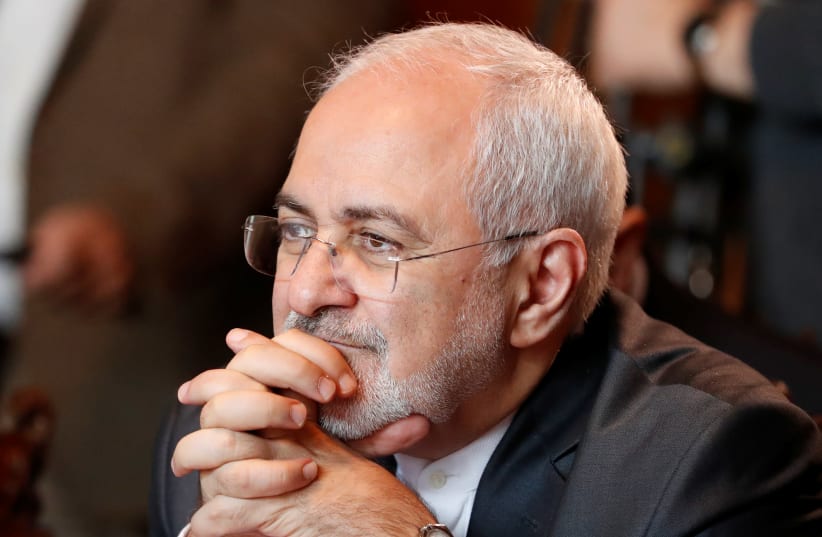But the sanctions, he said, were problematic because they targeted “ordinary citizens” such as people who need medicine and medical treatment.
The US last year exited the Iran deal, known as the 2015 Joint Comprehensive Plan of Action, which was intended to curb Iran’s nuclear program. Part of that agreement, worked out with the six powers, was the removal of cropping economic sanctions against Iran.
Now that the US has imposed new sanctions, Zarif said, Tehran felt that it could violate the deal. Last week Iran began enriching uranium beyond the limit set by the deal.
“We have an agreement and that agreement includes remedies, once one side of the agreement starts violating,” he said. In light of the current reality, “we are free to start partial implementation.”
Zarif noted that its nuclear actions could be “reversed within hours.”
He denied to NBC that Iran planed to develop nuclear weapons.
“We are not about to develop nuclear weapons. If we wanted to develop nuclear weapons, we would have been able to do it a long time ago,” Zarif said.
With regard to US President Donald Trump’s decision last month not to launch a retaliatory military strike for attacks it believed were leveled against it by Tehran, Zarif said, “my analysis is that prudence prevailed. People came to the occlusion that this would not be a limited operation.”
Zarif is in New York under a restricted visa that limits his movements to a six-block radius. It’s a move that only allows him to primarily be in UN headquarters in Manhattan, the Iranian Mission to the UN and the Residence of the Iranian Ambassador.
The United Nations is “concerned” by the tight travel limitations the US has imposed on Zarif while he is in New York this week, UN spokesperson Farhan Haq told reporters on Monday.
“The Secretariat is in close contact with the Permanent Missions of the United States and Iran to the UN regarding this matter and has conveyed its concerns to the host country,” Haq said.
While in New York, Zarif is likely to meet with UN Secretary General Antonio Guterres. Zarif’s visit comes amid heightened military tensions between the US and Iran. It also follows Tehran’s decision to enrich uranium above the terms set by the the 2015 Joint Comprehensive Plan of Action agreed upon by Tehran and the six world powers; the US, Russia, China, France, Germany and the United Kingdom. Last year, the Trump Administration exited the deal. The EU is still trying to salvage it.
Haq said that Guterres supports the Iran deal and considers it a “significant diplomatic achievement.”
He added that the “The Secretary-General has repeatedly called for all parties to abide by the terms of the agreement and has made clear that we need to keep this preserved."
“Otherwise, there is the possibility, as he has repeatedly warned, of a confrontation in a region that has had far too many tensions,” Haq said.
Zarif is due to attend a ministerial meeting at the United Nations on sustainable development goals, which aims to tackle issues including conflict, hunger, equality and climate change by 2030.
Iranian diplomats, like the envoys of North Korea, Syria and Cuba, are already confined to a radius of 25 miles from Columbus Circle in Midtown Manhattan.
Under the 1947 UN "headquarters agreement," the United States is generally required to allow access to the United Nations for foreign diplomats. But Washington says it can deny visas for "security, terrorism, and foreign policy" reasons.
In April 2014, the United States would not grant a visa to Iran's chosen UN ambassador, Hamid Abutalebi, because of his links to the 1979-1981 Tehran hostage crisis when radical students seized the US Embassy and held 52 Americans hostage for 444 days. Abutalebi said he acted only as a translator.
Reuters contributed to this report.
